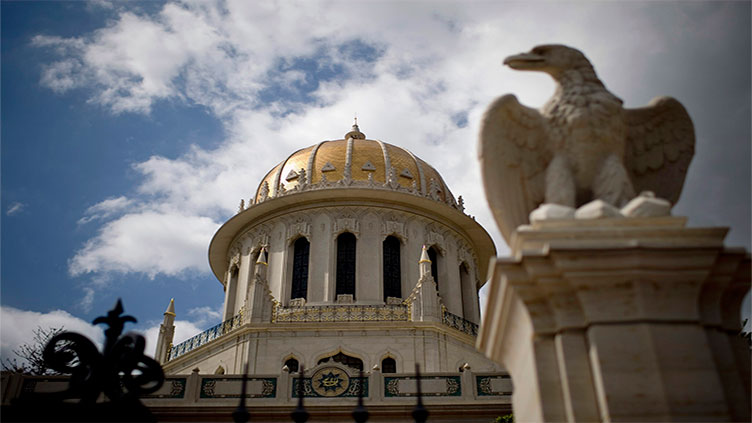Iran steps up Bahai crackdown with new arrests

World
Iran has intensified a crackdown on its biggest non-Muslim religious minority the Bahais.
PARIS (AFP) - Iran has intensified a crackdown on its biggest non-Muslim religious minority the Bahais by arresting a dozen believers Tehran says have links to Israel but the community insists were simply discussing education.
Bahais have over the last month sounded the alarm over increased persecution in Iran, which has ranged from arrests, raids on businesses to the destruction of homes with bulldozers.
Iran brands Bahais "heretics" and often accuses them of being spies linked to Israel, basing this claim on the fact that the centre of the faith is located in the northern Israeli city of Haifa.
But the community rubbishes such suggestions, saying the remaining Bahais in Iran are committed to working for the good of the country and Haifa emerged as a centre of the faith well before the state of Israel was established in 1948.
Iribnews, the state television website, said the intelligence in Mazandaran province "identified and arrested 12 members of the Bahai Zionist organisation in different cities of the province".
"Two of the leaders of this spy organisation were trained in Bayt-al-Adl," the Bahais Universal House of Justice in Haifa, it said about those arrested in the northern province.
- Right to gather -
The Bahai International Community, which pushes for the rights of Bahais worldwide, said 13 Bahais had been arrested on August 31 in Qaemshahr in Mazandaran province.
"Most of the arrests occurred at a private home where the youth were studying and discussing together the role of education in social progress," it said in a statement.
The BIC said there have now been 245 incidents of persecution over the past 32 days against the Bahais in Iran, including arrests, imprisonment, the destruction of homes and raids on private businesses.
Bahais say that they have suffered repression in Iran since the 1979 Islamic revolution, with members systematically deprived of the right of access to higher education.
"The Iranian government s cruelty breaks every measure," said Simin Fahandej, representative of the BIC to the United Nations in Geneva.
"Not only does it deprive these youth of entering universities and developing their intellectual capacities, it also denies them the simple right to gather as young people to discuss issues of importance to their generation."
Iran, where Shiite Islam is the state religion, recognises minority faiths including Christianity, Judaism and Zoroastrianism, but not Bahaism with followers estimated to number 300,000 in the country.
Iran s intelligence ministry announced in early August that it had arrested Bahais suspected of spying and of working illegally to spread their religion.
The Bahais had angrily denounced those arrests, which included the detention of several prominent community members who had already spent years behind bars in Iran and remain in prison.
In December 2018, the United Nations General Assembly adopted a resolution calling on Iran to end human rights violations against minority religions including the Bahais, citing "harassment, intimidation, persecution, arbitrary arrests and detention" among other breaches.
The Bahai faith is a relatively modern monotheistic religion with spiritual roots dating back to the early 19th century in Iran, promoting the unity of all people and equality.
Activists accuse Iran of being in the throes of a major crackdown which is affecting all areas of society, including a surge in executions and arrests of foreign nationals.

